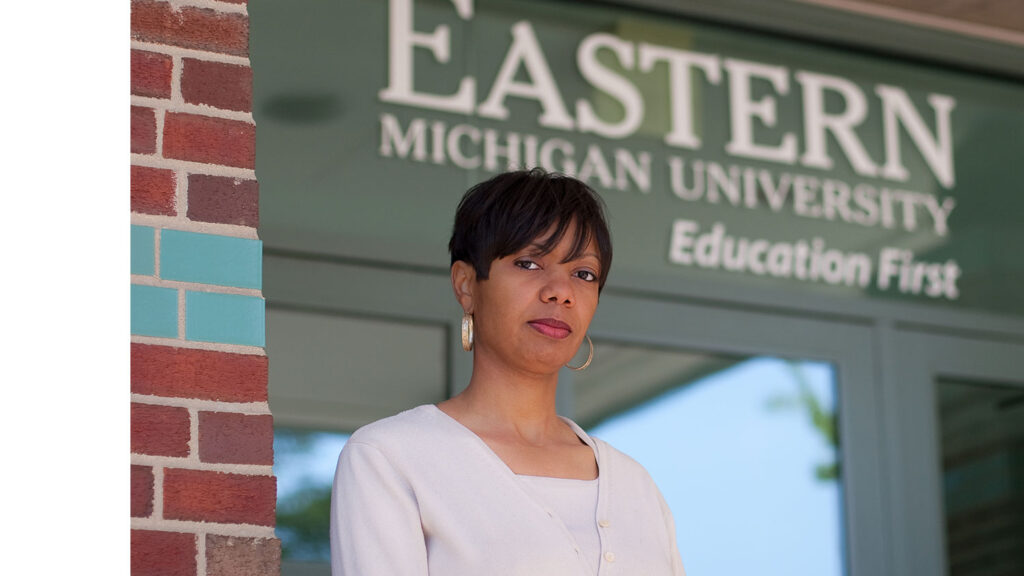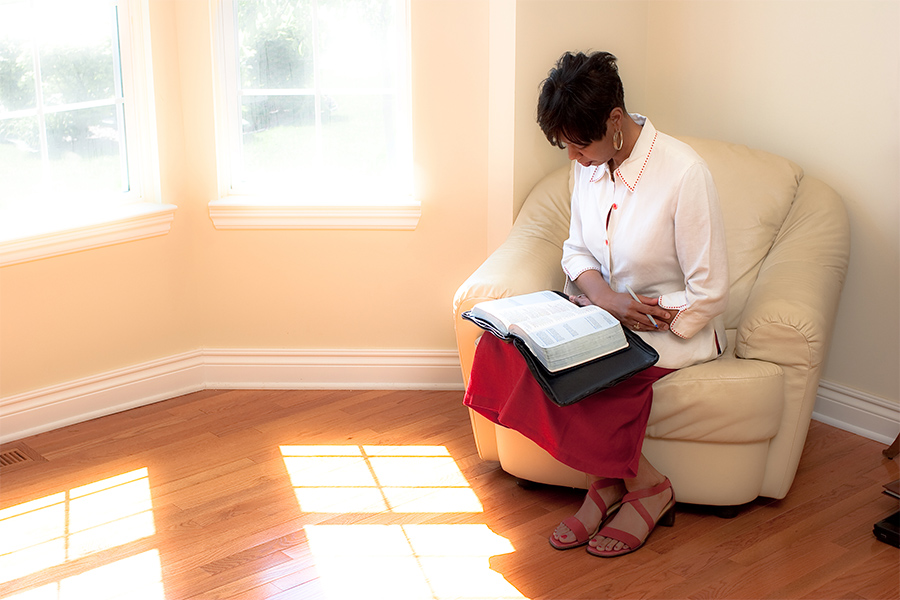Summary
Julea Ward was a student in Eastern Michigan University’s graduate counseling program. Her sincere religious convictions prevent her from providing counseling regarding sexual relationships that violate biblical teachings. When the University assigned her a client who needed counseling on such a relationship, she recognized the likely values conflict and asked her supervising professor what to do. Consistent with the American Counseling Association’s (ACA) code of ethics provisions regarding referrals, and with what Julea had been taught in class, the professor told her to have the client reassigned. After the client was reassigned, the university turned the tables on Julea, charging her with violating two provisions of the ACA Code – a provision against imposing values on clients and a provision against discrimination – and took her through a disciplinary process in which University professors targeted and denigrated her religious beliefs. Shortly thereafter, the University expelled Julea from the program. At the time of her expulsion, she was just four classes shy of completing the program and carried a 3.91 GPA.
Unfortunately, the lower court upheld the University’s stunning treatment of Julea and dismissed her lawsuit. But the Sixth Circuit Court of Appeals reversed the lower court’s decision, reinstated Julea’s lawsuit, and punctuated its ruling by admonishing the University that “tolerance is a two-way street.”
What’s at stake
The freedom of students to obtain a college degree without having to abandon their religious beliefs
The freedom of counselors to respectfully refer clients when they have a values-based conflict with the clients’ counseling goals
Our role in this case
Alliance Defending Freedom represented Julea in the defense of her rights to freedom of speech and freedom of religion.






